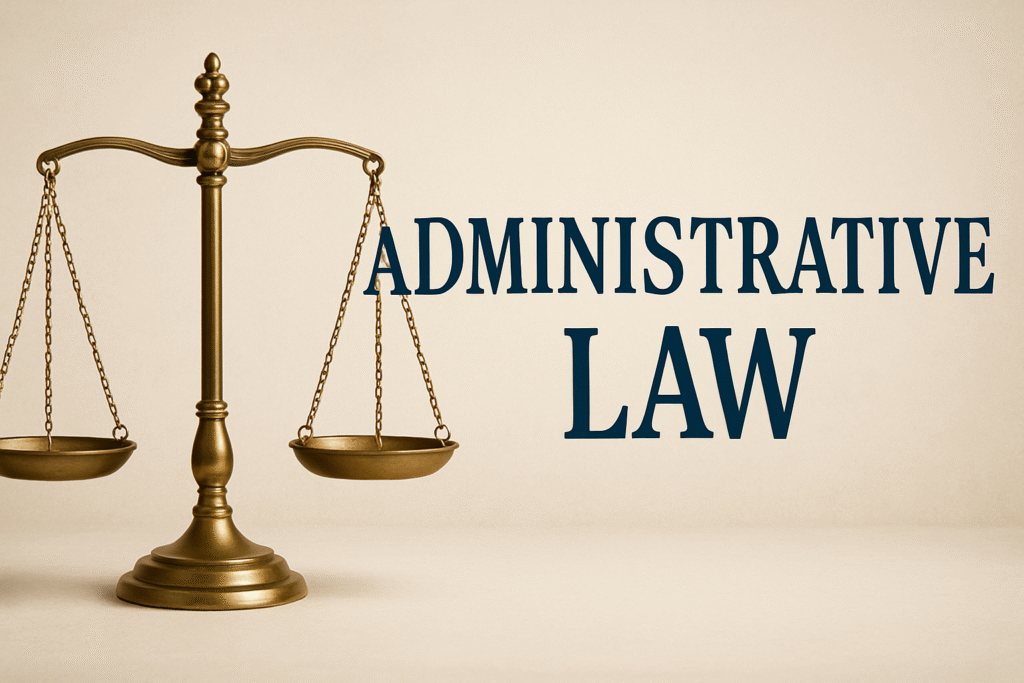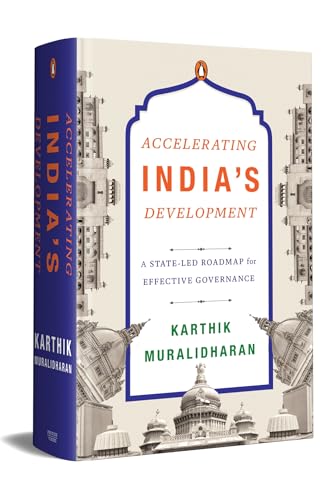Administrative delegation is a cornerstone of effective governance in Bharat, enabling the smooth functioning of a vast and complex administrative system. It involves the transfer of authority from higher to lower levels of government or officials to execute tasks efficiently. Understanding administrative delegation is crucial, as it shapes policy implementation and public administration.
What is Administrative Delegation?
Administrative delegation refers to the process where a superior authority, such as a government ministry or department, assigns specific powers or functions to subordinate officials or agencies.[1] This ensures that governance is efficient, timely, and responsive to public needs. In Bharat, with its diverse population and vast geography, delegation is essential to manage tasks like issuing licenses, implementing welfare schemes, or enforcing regulations. However, delegation must stay within legal limits to prevent misuse of power. Administrative delegation is a vital topic in administrative law, as it balances efficiency with accountability. Government employees encounter delegation daily, as their roles often stem from delegated powers.
Importance of Administrative Delegation
Delegation enhances administrative efficiency by decentralizing decision-making. It allows senior officials to focus on policy formulation while subordinates handle implementation. For instance, a District Collector may delegate tasks like land revenue collection to tehsildars, ensuring faster service delivery. Delegation also promotes specialization, as tasks are assigned to officials with relevant expertise.[2] However, unchecked delegation can lead to arbitrary actions. Bharat’s legal framework ensures that delegated powers are exercised within constitutional boundaries, safeguarding citizens’ rights.
Legal Framework in Bharat
In Bharat, administrative delegation operates under the Constitution and various statutes. Article 246 of the Bharatiya Constitution divides legislative powers between the Union and States, allowing delegation of administrative functions. Statutes like the Income Tax Act, 1961, or the Food Safety and Standards Act, 2006, explicitly permit delegation to ensure effective implementation.
The Supreme Court has emphasized that delegation must not violate the principle of excessive delegation, where the parent statute provides clear guidelines. This ensures that subordinate authorities do not act beyond their scope.[3] Understanding these legal boundaries is critical when drafting or challenging delegated legislation.
Landmark Cases on Administrative Delegation
1. In Re The Delhi Laws Act, 1912, vs The Part C States (Laws) Act, 1950
This landmark Supreme Court case is a must-know for law students and professionals. The court examined whether the delegation of legislative powers to the executive was constitutional. The Supreme Court held that delegation is permissible as long as the parent law provides clear guidelines. This case established that excessive delegation, without policy or standards, is unconstitutional. For government employees, this ruling underscores the need to operate within the framework of the parent statute.[4]
2. D.S. Grewal vs. State of Punjab:
In this case, the Supreme Court clarified the limits of administrative delegation. The court ruled that delegated authority must not act arbitrarily and should align with the objectives of the parent law. This case is significant for law students studying the balance between flexibility and accountability in delegation. Government employees can refer to this case to understand the importance of adhering to statutory guidelines.[5]
3. Harishankar Bagla vs. State of Madhya Pradesh
This Supreme Court case addressed the validity of delegation under the Essential Commodities Act, 1955. The court upheld the delegation of powers to control the production and distribution of essential commodities, as the parent law provided sufficient guidance. This case is relevant for law professionals dealing with regulatory frameworks and government employees involved in implementing economic policies.[6]
4. Gwalior Rayon Silk Mfg. Co. vs. Assistant Commissioner of Sales Tax
The Supreme Court in this case reiterated that delegated legislation must conform to the parent statute’s objectives. Excessive or arbitrary delegation was deemed invalid. This case is a key reference for law students analyzing judicial control over delegated powers and for professionals challenging administrative actions in court.[7]
Judicial Control Over Administrative Delegation
Bharat’s judiciary plays a vital role in ensuring that administrative delegation remains lawful. Courts can strike down delegated actions if they exceed the scope of the parent law, violate constitutional provisions, or are arbitrary. The doctrine of ultra vires i.e. acting beyond one’s authority is a critical tool for law professionals to challenge improper delegation. For government employees, understanding judicial oversight ensures they exercise delegated powers cautiously.
Practical Implications for Law Students and Professionals
For law students, administrative delegation is a dynamic topic bridging constitutional and administrative law. It offers insights into how governance functions in Bharat and prepares students for careers in public administration or legal practice. Law professionals often deal with cases involving delegated legislation, such as drafting rules or defending government actions. Government employees, from IAS officers to local officials, rely on delegated powers to perform their duties, making it essential to understand legal limits.
Challenges and the Way Forward
While delegation enhances efficiency, it can lead to issues like misuse of power or lack of accountability. The judiciary’s role in checking excessive delegation is crucial, as seen in cases like Delhi Laws Act. Law students and professionals must advocate for clear statutory guidelines to prevent arbitrary actions. Government employees should undergo training to understand the legal scope of their delegated powers, ensuring transparent and lawful governance.
Conclusion
Administrative delegation is the backbone of Bharat’s governance, enabling efficient public administration while requiring strict legal oversight. Landmark cases like In Re: Delhi Laws Act and Harishankar Bagla provide critical insights into the balance between flexibility and accountability. For law students, professionals, and government employees, mastering this concept is essential for navigating Bharat’s legal and administrative landscape. By staying within legal boundaries, administrative delegation ensures effective governance while upholding constitutional values.
References
[1] “Delegation”, Air Commodore Ullatil Manoj Indian Institute of Public Administration, available at: https://www.iipa.org.in/cms/public/training_course/51
[2] “Tips for Effective Task Delegation for New Managers” Smita Nag, Naukri Blog, available at: https://www.naukri.com/blog/tips-for-effective-task-delegation-for-new-managers/
[3] State vs Haidarali, [1957CRILJ1266]
[4] In Re The Delhi Laws Act, 1912, vs The Part C States (Laws) Act, 1950 [1951 SCR 747]
[5] D.S. Grewal vs. State of Punjab [AIR 1959 SUPREME COURT 512]
[6] Harishankar Bagla vs. State of Madhya Pradesh [1955 SCR 313]
[7] Gwalior Rayon Silk Mfg. Co. vs. Assistant Commissioner of Sales Tax [[1973]31STC9(MP




